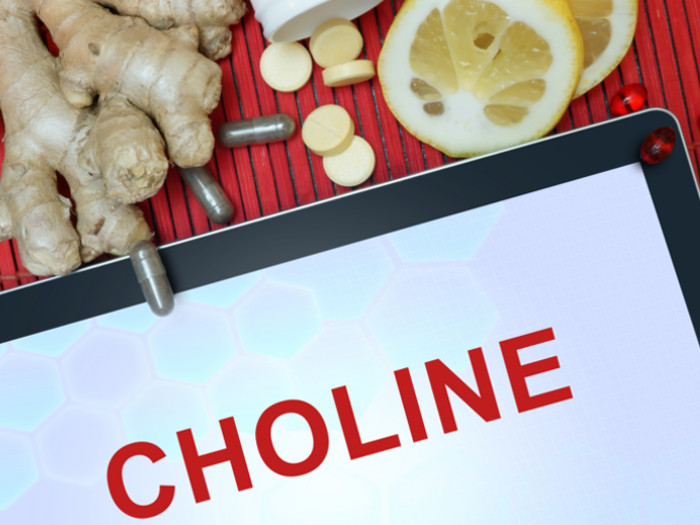Choline is a water-soluble vitamin that is typically grouped in the B-complex of vitamins. Choline is produced by humans in the liver, so most people are able to maintain proper levels of this essential vitamin on a daily basis when combined with foods that contain choline. Choline is a very important vitamin, as it can affect brain development, metabolic levels, and energy production in the body, among others. That being said, choline deficiency does exist in many people, which can cause complications in the liver, as well as cardiovascular and neurological issues. [1]
Symptoms of Choline Deficiency
If you are struggling to maintain your choline levels, you may experience a few basic symptoms that include:
- A lack of energy
- Difficulty concentrating or focusing [2]
- Sluggishness when it comes to your cognitive processes

Acetylcholine is a critical compound in the body that relates to many of these functions, and it cannot be produced without choline. [3]
More severe symptoms if the deficiency is ongoing include:
- Difficulty sleeping
- Increased cholesterol levels
- Problems with your muscles and nerves
In even more serious cases, you may begin to experience fatty liver disease or kidney disorders, as well as an increased risk of neurodegenerative disease as you age. [4]
Risk Factors
- You are at greater risk of a choline deficiency if you aren’t eating the right foods since your liver can’t always create as much as the body needs. [5]
- Vegetarians and vegans are at particularly high risk since they often avoid many of the richest protein sources where choline is found, including milk and eggs.
- Long-distance runners and extreme athletes also face a higher risk of this deficiency, since they consume so much of the vitamin during their workouts.
- Finally, people who consume large amounts of alcohol tend to have suppressed choline production and are more likely to experience a lack.
